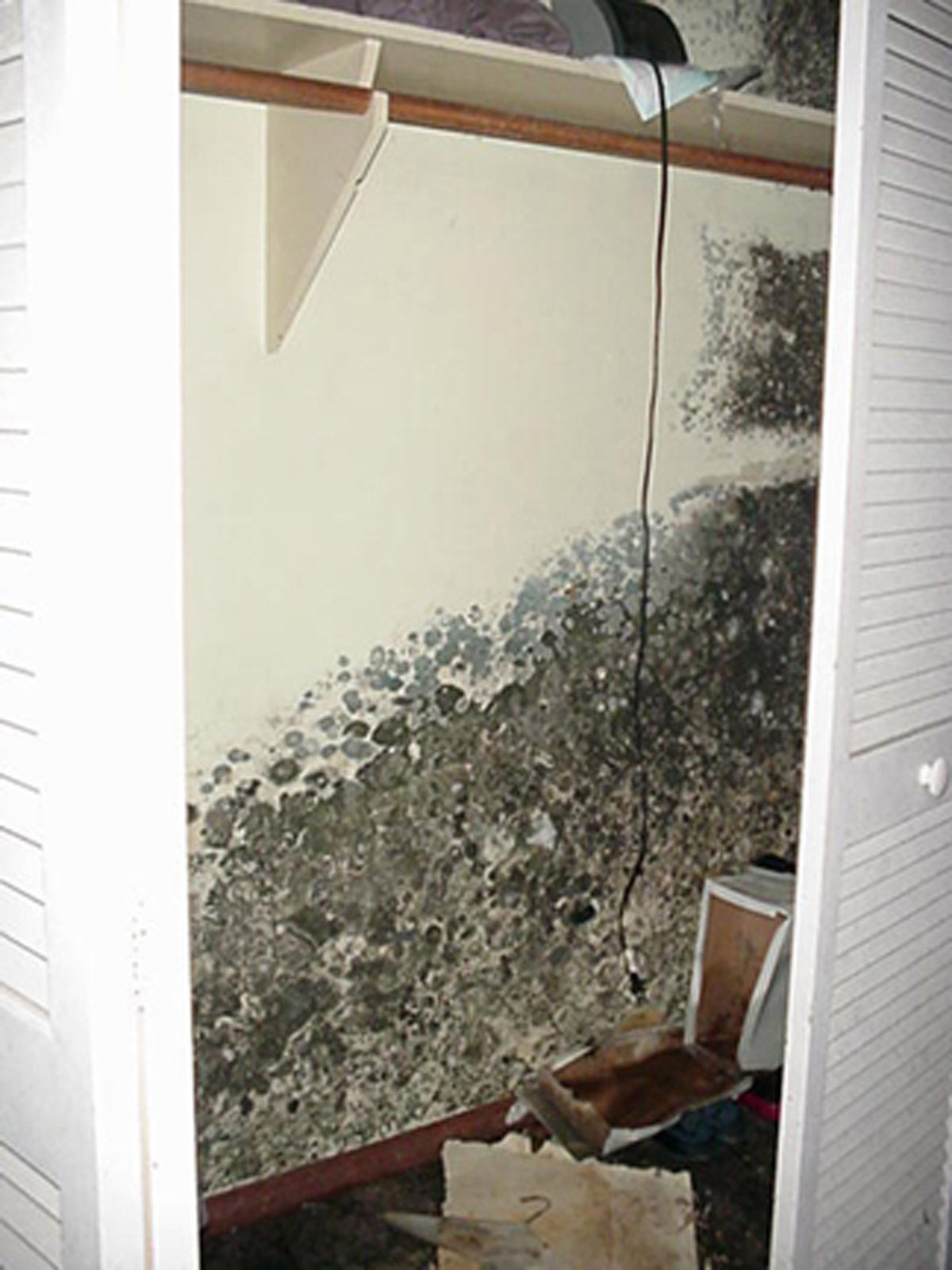
Introduction to mold allergies
When a person is allergic to mold they will probably have symptoms such as a runny nose, rashes, hives and problems breathing.
Mold is a fungus that helps to decay dead material by breaking down nutrients in the dead organic matter and then uses this for its own nutrition.
Its primary job is to get rid of dead organic material. Since it is so common, it is very normal for people to ingest mold in some way or another, but must people are not allergic to it.
However, there are people who are, and they can suffer from spores that mold releases into the air.
SymptomsaWhen the spores from the molds enter the body, usually through the respiratory tract, they will cause allergic reactions for people who are allergic to mold.
These reactions are the result of the immune system recognizing that the spores are foreign objects that should be destroyed. The immune system then releases substances and chemicals that are sent to destroy the spores, which is when the allergic symptoms occur.
These symptoms include a chronic cough, wheezing, skin rash, hives, runny nose, nasal congestion, itchy and water eyes, and headaches resulting from inflamed sinuses.
Treatments
People who are allergic to mold will need to know about treatment because mold is everywhere and it is very hard to minimize exposure to these spores.
The spores are microscopic and are easily carried through the air from one place to another. Thankfully, there are a number of drugs and treatments that will effectively relieve the symptoms of a mold allergy.
Most people use nasal sprays that can cure the allergies that occur in the upper respiratory tract. Antihistamines can be used to get rid of the symptoms such as itching, runny nose and watery eyes.
Decongestants can also be used and they are usually taken orally or as a nasal spray. They will clear out the congestion in the nose and general head area that the allergic reaction causes.
There is another procedure that can be used, which involves washing the nose with salt water.
Prevention
Even though it has already been mentioned that it is very difficult to avoid being exposed to mold, there are ways to try and minimize a person’s chances of coming in contact with mold.
It is important to keep doors and windows closed during the times of the year in which mold spores are most present in the air. This usually occurs in the late summer and early fall.
In colder climates, people should know that the late months of winter as well will pose a greater risk of coming in contact with mold.



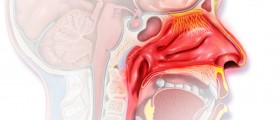
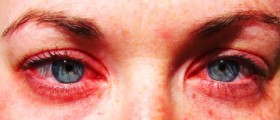

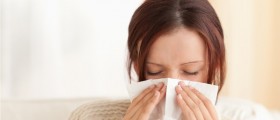
_f_280x120.jpg)
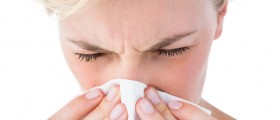



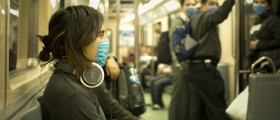

-Help-Treat-Your-Cold-Or-Flu_f_280x120.jpg)
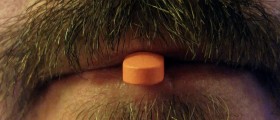

Your thoughts on this
Loading...